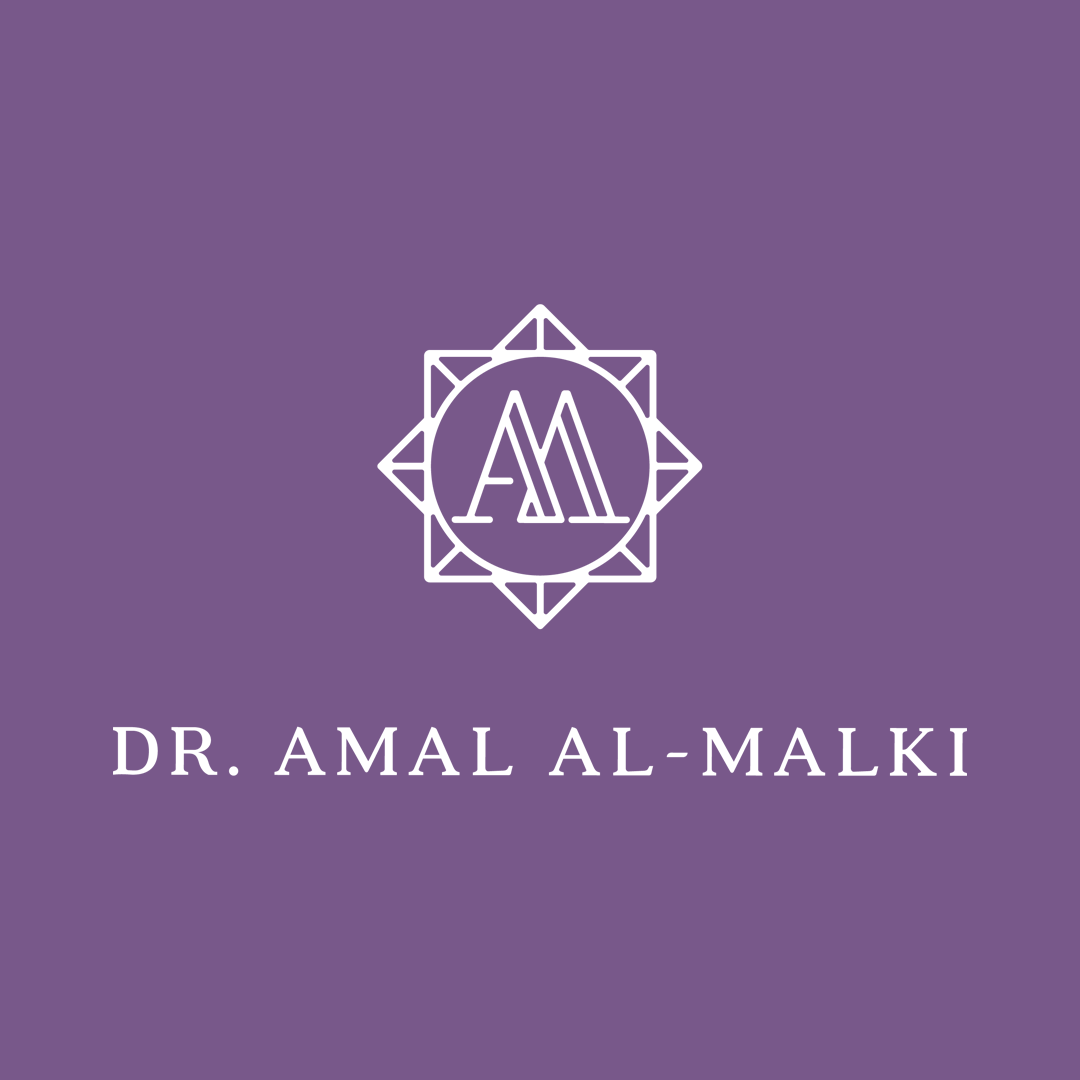Women’s studies has much to offer in the search for solutions to some of the…
What Really Matters!
Published in Hamad bin Khalifa University’s newsletter- AL MA’ARIFA- April, 2018
Twenty-first century universities make bold promises in their mission statements. They claim that they are inclusive and accessible to all; they equip students with 21st century skills, and that they prepare students to become global citizens, well developed for the globalized competitive market and the changing workplace. These promises indicate a well-planned strategy towards revolutionizing higher education, as we used to know it, for the benefit of both the individual and society. Mission statements with keywords like “innovation” are indeed attractive, however many of us, educators, believe that all that has changed is the narrative, while the practices remain the same.
Universities still use last century’s assessments and pedagogies and have neither updated their teaching methods beyond technology nor have they diversified their curricular beyond the proliferation of discipline-centric degrees. Universities’ assessment criteria fail to stand the claim as well. They are still fixated on numerical assessment systems, such as the Grade Point Average (GPA), follow rigid admission and graduation requirements, and emphasize academic achievements that they lavishly celebrate. This creates a certain mold for all students to fit, and leaves no space for creativity, diversity, or even ‘otherness’. Our assessment systems need to be tailored towards evaluating the multiple forms, and the different layers, of intellectual abilities and set our learning outcomes accordingly to cater for the individuality of the learner.
Moreover, a considerable portion of the teaching and learning process is focused on discipline-specific education (Arts, Humanities, Social Sciences, or STEM) rather than tools and skills applicable to multiple disciplines or professional and technical skills that are equally in demand in the market. Degrees are usually a response to current market needs and do not necessarily complement national policies that call for knowledge-based economies. Universities claiming ‘innovation’ and futuristic orientation need to open up disciplines to each other, as life isn’t pigeonholed in strict discipline areas. Also, professional and technical competencies need to be at the top of any program’s list, taking the teaching and learning experience beyond classrooms to hands-on and real-life experiences. There are many areas in which we can be innovative, such as student-centric approaches, adopting flexible techniques, self-paced and experiential learning as well as interdisciplinary and tailored education.
Accessibility and diversity in totality is a substantial claim that many universities fail to fulfill. Universities haven’t become inclusive, and they still don’t cater to the different types of intelligence and capabilities that exist across various sectors of the student population. Few, still, provide for gifted or dyslexic students or students with learning and physical disabilities. Moreover, their claims of diversity and multiculturalism or global citizenship are merely marketing clichés. Globalization and internationalization of any university not only depend on the percentage of international students among their student body, but also on the exchange programs they offer, and the branch campuses they have abroad. They should also be driven by innovative curricula that sets the objective of navigating the complexities of the global through cross-cultural and intercultural approaches.
Innovation in higher education means different things, and its fluidity as a term makes it so attractive. We need to be innovative beyond technology, in our mindset and approach, and not to be afraid of revolutionizing the education system. Our main aim, after all, is to contribute to building well-rounded humans – by taking them through a system that embraces and respects their diversity and uniqueness. We also need to redefine success beyond academic achievement. Learning is a process, and like any process, it has a beginning and an end and is assessed based on predetermined outcomes. But nothing is as objective as it seems. These outcomes become subjective when we know that they haven’t taken into consideration the multifaceted experiences and multidimensional humans we deal with that are required to build human capital. Innovation, if given a chance, can bring education into a more globalized, just and pluralistic space.
Link to the article
You may also check
The Qatari government’s vision has been to advance Qatari women in all areas and integrate them in the work force…

